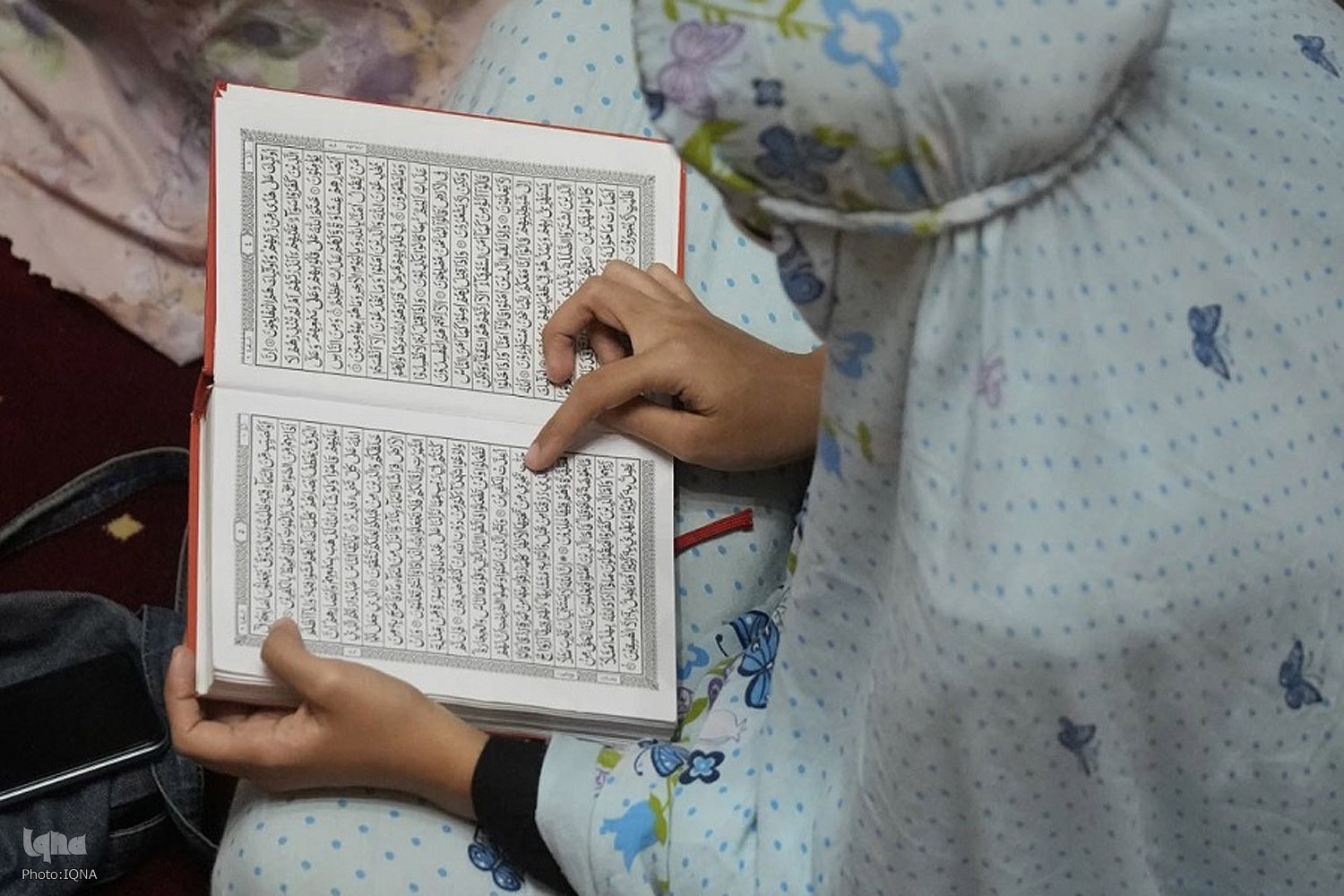Relation between Fasting and Taqwa


But how can fasting lead to boosting a person’s piety?
The Holy Quran in some cases explains about the reason and wisdom of some religious rulings. For example, the Holy Book points to remembering God as the reason and wisdom of Salah or creation social Taqwa as the reason for Qisas (retaliation in kind).
And in Verse 183 of Surah Al-Baqarah, the Quran says fasting leads to Taqwa:
“Believers, fasting has been made mandatory for you as it was made mandatory for the people before you, so that you may have Taqwa (fear of God).”
Fasting enhances Taqwa in several ways:
1- Human beings have two dimensions: physical and spiritual. Paying much attention to one dimension will lead to the weakening of the other. By fasting, one pays less attention to eating, drinking, etc, which will weaken the physical dimension and strengthen the spiritual one.
2- Fasting helps us to taste hunger and thirst, and this reminds us of hunger and thirst on the Day of Resurrection. This will cause us to try to prepare provisions for that day by obeying God, worshiping Him, and renouncing sins, and this is Taqwa.
3- A fasting person who tastes hunger and thirst from morning to evening will remember needy people who are constantly suffering from hunger and hardships. Helping such people and Infaq (charity) on the path of God reveal another aspect of Taqwa.
Read More:
It should be noted that not every fasting leads to Taqwa. Only a true fast can boost Taqwa, one in which the person truly abstains from all what is forbidden, not just from eating and drinking.
According to a Hadith, when one fasts, his eyes, ears, hair, skin, etc should also be fasting.


